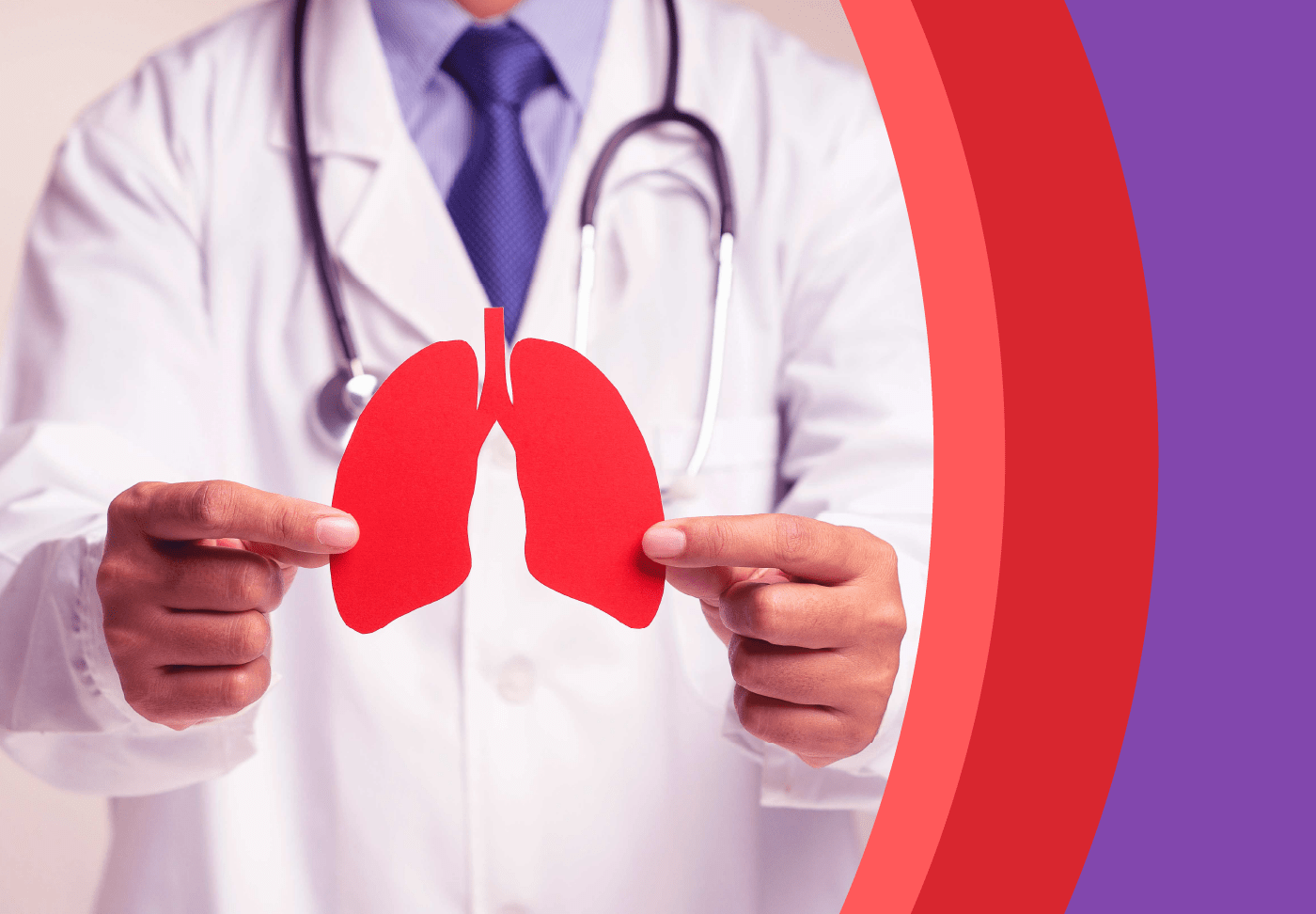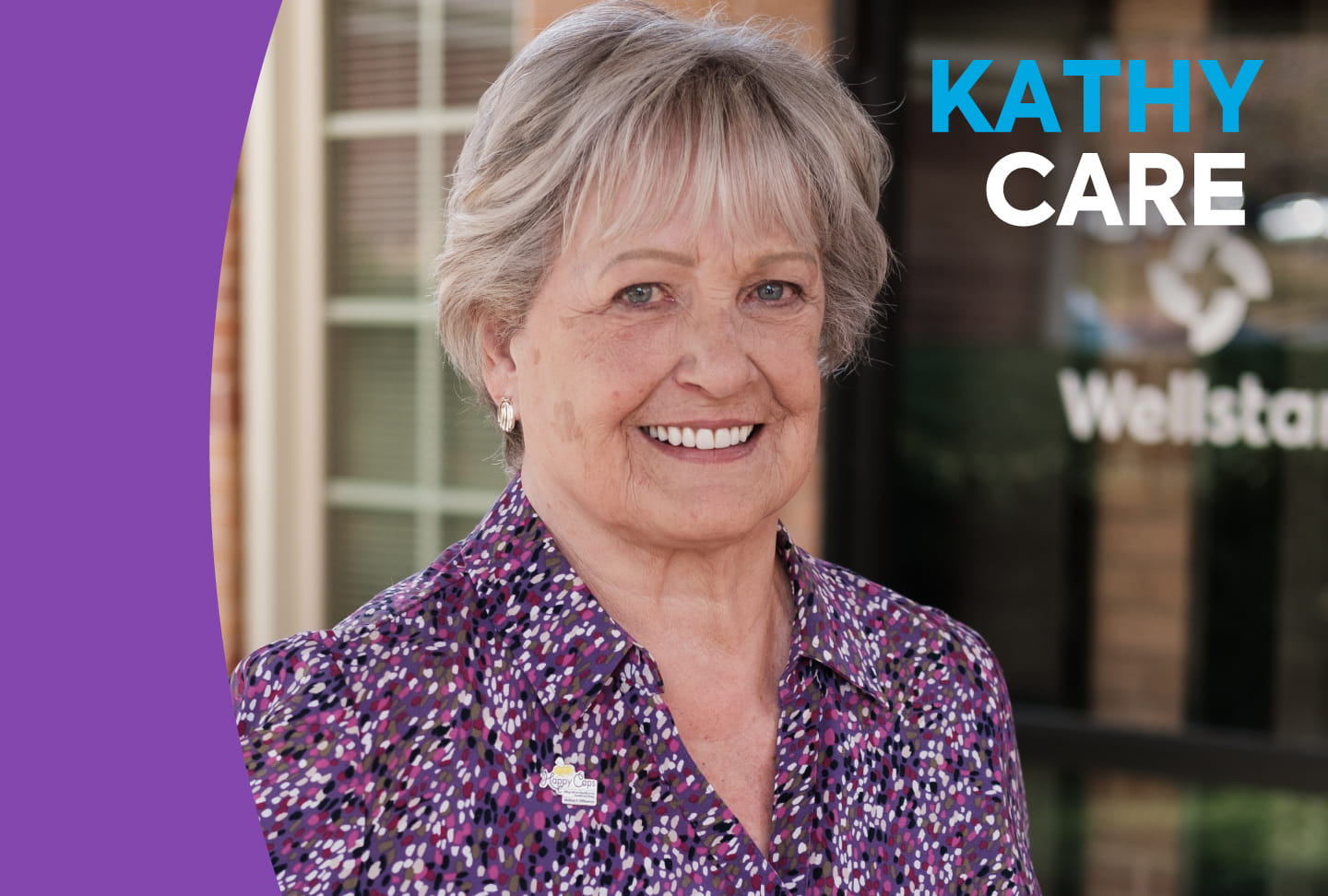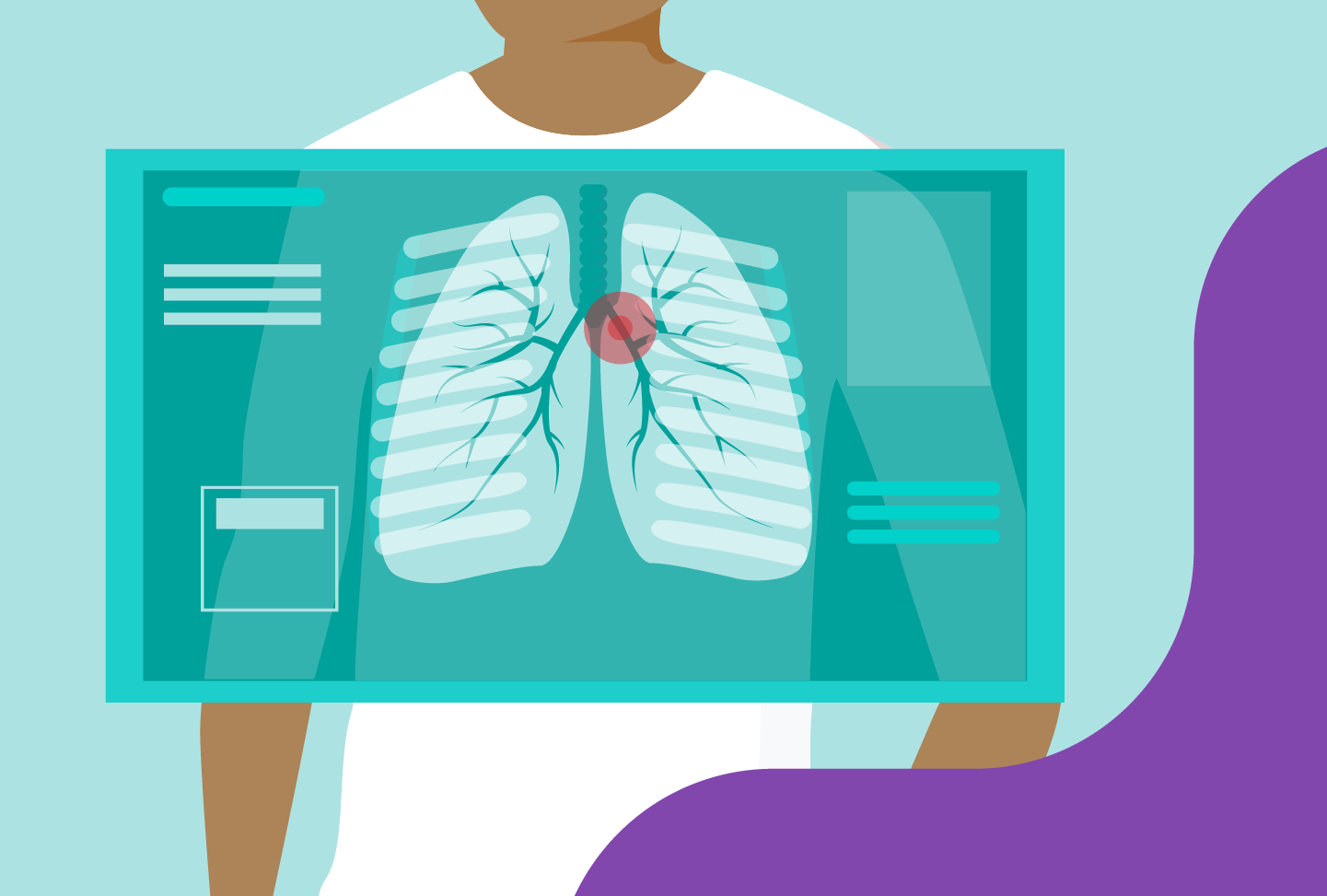Take charge of your head and neck health. Talk to your care team about how you can stay ahead of serious concerns before they start.
Most head and neck cancers—including oral, throat and thyroid cancers—begin in the mouth or throat.
Here are a few steps you can take to keep your head and neck in top shape, so you can live your healthiest life.
Cut tobacco & alcohol
Tobacco use, including smoking and the use of smokeless tobacco such as chewing tobacco or snuff, is a major risk factor for head and neck cancers. The use of alcohol and tobacco together can be especially risky.
Inhaling anything other than a prescribed medicine, including the use of e-cigarettes and marijuana, could increase the risk as well, according to Dr. Timothy Ryan, a Wellstar ear, nose & throat physician.
“Abstinence from smoking any substance is always the best answer when it comes to your head and neck health,” Dr. Ryan said.
Protect yourself from the sun
Ultraviolet light, such as exposure to the sun or artificial UV rays like tanning beds, is a major cause of cancer on the lips and scalp. Protect your lips by using a lip balm with sunscreen, and make sure to wear sunscreen on your face and neck when you go outside, even in colder weather. Protect your head from sun exposure with a hat.
Be mindful of HPV
According to Dr. Ryan, human papillomavirus, or HPV, is one of the main risk factors for head and neck cancers.
“There are two main risk factors for head and neck cancers that we see most commonly. One is from smoking,” he said. “That can be made worse from alcohol use. The other is actually a virus, and it’s a really well-known virus, human papillomavirus.”
About 70% of cancers in the oropharynx (which includes the tonsils, soft palate and base of the tongue) are connected to HPV, according to the Centers for Disease Control and Prevention.
HPV is the most common sexually transmitted infection. Talk to your provider about HPV prevention and exposure, and seek treatment if you are showing signs of HPV. Although many people with HPV don’t have symptoms, some develop warts in the genital area.
Gardasil-9, the vaccination against HPV, protects patients against the types of HPV that cause most HPV cancers. Patients from age 11 to 46 should consider vaccination after speaking with their clinician.
Know the risk factors
Some jobs can also be risk factors. The construction, textile, ceramic, logging and food processing industries can cause exposure to substances like wood dust, formaldehyde, asbestos, nickel and other chemicals. These increase the risk of cancer in the nasopharynx, or the top part of the throat.
And if you have been infected with the Epstein-Barr virus, which causes mononucleosis and some other illnesses, you could be at higher risk. Previous radiation treatments to the head and neck can also increase your risk.
“Talk to your healthcare provider about your health history so they can help you evaluate your risk,” said Dr. Fiyin Sokoya, a Wellstar head and neck cancers surgeon. “They can help you take action and prevent cancer.”
Watch for symptoms
Symptoms of head and neck cancers will vary based on which part of the head and neck they appear. Signs include:
- Hoarseness that persists or worsens over several weeks
- Difficulty swallowing
- Sore throat that does not go away
- A lump that does not go away
- Painless lump in the neck
- A white or red patch on the gums, tongue or lining of the mouth
- Swelling of the jaw
- Bleeding or pain in the mouth
- Blocked sinuses that do not clear up with antibiotic treatment
- Frequent headaches of unknown origin
- Tooth pain or denture problems
- Ear pain
- Swelling near the jawbone or under the chin
- Numbness or paralysis of the face muscles
- Difficulty hearing or pain or ringing in the ears
- Trouble breathing or sleeping
While it’s important that everyone look for symptoms of head and neck cancers, these conditions are more likely to affect men. Men are three times more likely to be diagnosed with oral and throat cancer compared to women, according to the American Cancer Society.
If you are showing any symptoms of head and neck cancers, contact your healthcare team.
“Annual dental and oral examination by your dentist is the best way to screen for head and neck cancers,” Dr. Sokoya said.
Learn more about how Wellstar cares for head and neck cancers.




